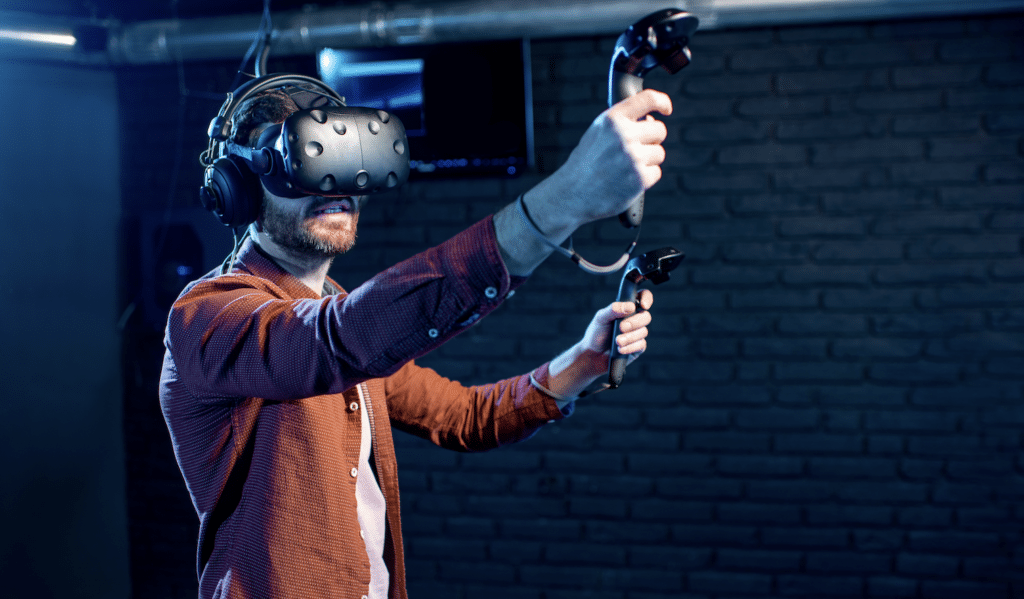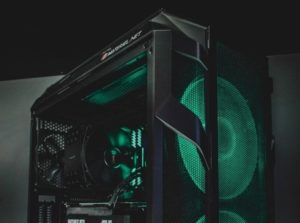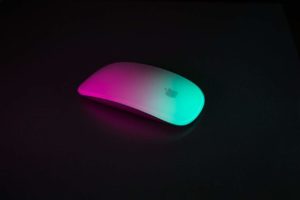Virtual Reality (VR) has the potential to completely change the gaming experience. With a VR headset, gamers can immerse themselves in virtual worlds and experience games in a way that is not possible with traditional gaming platforms. However, VR also places higher demands on the Hardware of a gaming PC. In this article, we will meet the requirements that Virtual Reality to a gaming PC, and discuss the required hardware.
The demands of virtual reality on a gaming PC
High refresh rate
One of the most important criteria for a good VR experience is a high and constant frame rate. Most VR headsets aim for a refresh rate of 90Hz or higher to ensure a smooth and enjoyable experience. This means that the gaming PC must be able to generate at least 90 frames per second.
Low latency
Low latency is also crucial for a good VR experience. Latency refers to the time that elapses between the player moving and the VR headset display changing. High latency can cause discomfort and dizziness. It is therefore important that the gaming PC is able to quickly react to the player's input and generate the corresponding images.
High resolution
Since the VR headset is very close to the eye, high resolution is required to ensure clear and detailed representation. Most modern VR headsets offer at least 1080p resolution per eye, which means the gaming PC needs to be able to produce images at this high resolution.
Required hardware for Virtual Reality
Processor
A powerful processor is crucial for a good VR experience. The processor is responsible for processing the game logic and the player's inputs. A powerful processor can help reduce latency and achieve a higher refresh rate. A quad-core processor or better is usually recommended for VR.
graphic card
The graphics card is one of the most important elements for VR. She is responsible for rendering the 3D graphics and generating the images that are displayed on the VR headset. A powerful graphics card can help achieve high refresh rate and high resolution. A graphics card at the level of an NVIDIA GeForce GTX 1060 or better is usually recommended for VR.
Storage
A sufficient amount of RAM is also important for VR. The RAM is used to temporarily store data required by the processor and graphics card. Adequate amount of RAM can help improve performance and reduce latency. At least 8GB of RAM is usually recommended for VR, although 16GB or more can provide an optimal experience.
hard disk
VR games can take up a lot of storage space, so having a large enough hard drive is important. Games can also benefit from an SSD (Solid State Drive) as it can read and write data faster than a traditional HDD (Hard Disk Drive). This can help reduce load times and improve overall performance.
Overview of the recommended hardware requirements for VR
Exact requirements may vary from game to game, but here are some general guidelines for the hardware needed for VR (as of 2023):
| Component | minimum requirement | Recommended requirement |
|---|---|---|
| Processor | Quad core processor | Intel Core i5/i7 or AMD Ryzen 5/7 |
| graphic card | NVIDIA GTX 1060 or equivalent | NVIDIA RTX 3070 or AMD RX 6800 XT or better |
| RAM | 8GB | 16GB or more |
| hard disk | 1TB HDD | 1TB SSD or more |
Conclusion
Virtual Reality places high demands on a gaming PC. To ensure a good VR experience, you need a powerful processor, a powerful graphics card, enough RAM and a big enough hard drive. By meeting these requirements, you can ensure that your PC is ready to immerse you in the exciting world of virtual reality.








